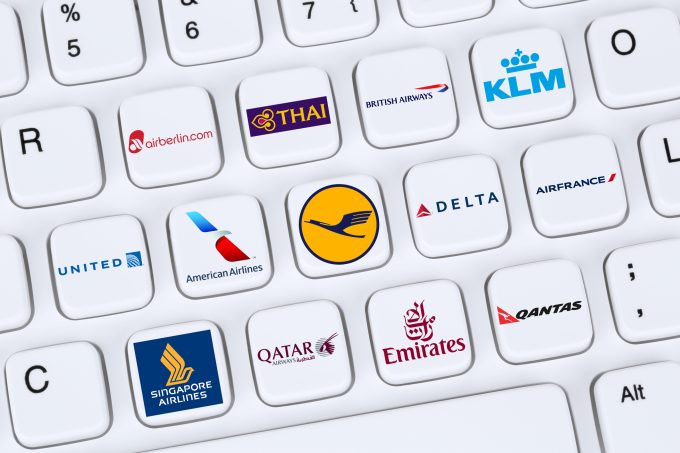New roles for Andre Schulz and Stephanie Pöhn-Helbig at Lufthansa Cargo
Lufthansa Cargo has made some new year management shuffles. Andre Schulz, head of Middle East, Africa, ...

The air cargo industry has an “embarrassing” track record in technology adoption, one senior airline executive said today.
Speaking at the Air Cargo China event in Shanghai, Lufthansa Cargo chief commercial officer Alexis von Hoensbroech said the industry’s slow progress was not for lack of ideas.
“I think, in general, the air cargo industry is still pretty traditional and it’s not really embracing technology.
“Although there are many ideas on what technology can bring, the ability of this industry to embrace change is actually very ...
Trump tariffs see hundreds of cancelled container bookings a day from Asia
'To ship or not to ship', the question for US importers amid tariff uncertainty
'Chaos after chaos' coming from de minimis changes and more tariffs
Forto 'sharpens commercial priorities' as it lays off one-third of staff
List of blanked transpac sailings grows as trade war heats up and demand cools
EC approves DSV takeover of DB Schenker
Overcapacity looms for ocean trades – with more blanked sailings inevitable
'Disastrous' DSV-Schenker merger would 'disrupt European haulage market'
Amazon Air’s metamorphosis: 'a different air cargo unit from two years ago'
Shippers in Asia restart ocean shipment bookings – but not from China
India withdraws access for Bangladesh transhipments, in 'very harmful' decision
'Tariff hell' leaves industries in limbo – 'not a great environment to plan'

Comment on this article
Najma Qureshi
August 29, 2018 at 12:11 pmYes, I totally agree with the point. Technology changes every now and then and it should be implemented accordingly for increasing the transparency. Thanks for sharing.